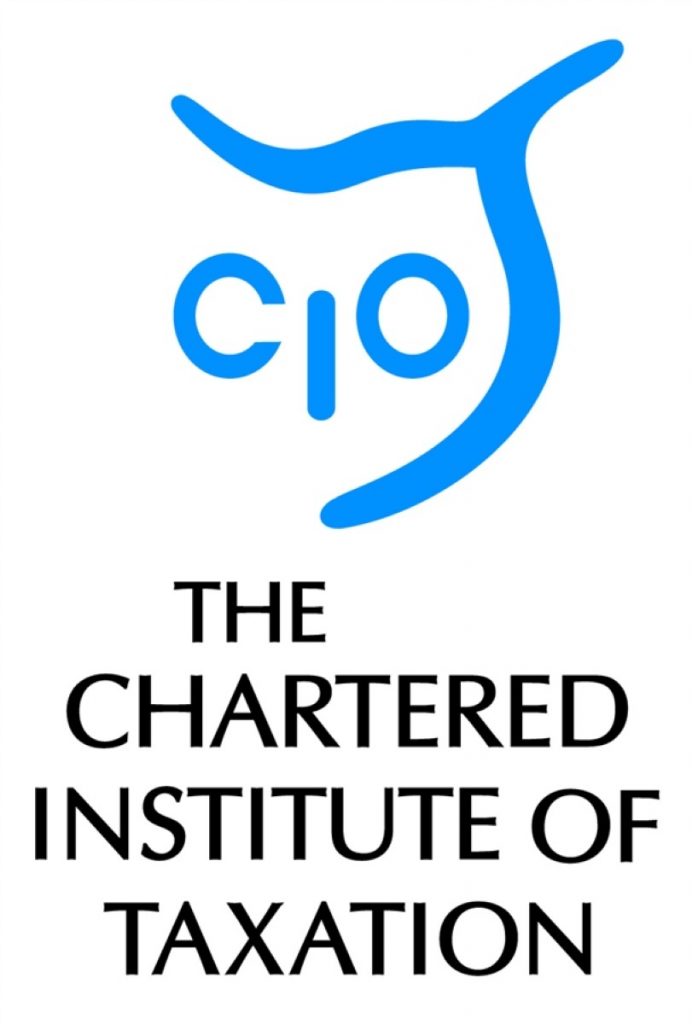CIOT: Business start-ups warned of restrictions on new venture capital reliefs
The Chartered Institute of Taxation (CIOT) has criticised the Government’s decision to exclude ‘shelf companies’ from the new Seed Enterprise Investment Scheme (SEIS).
The CIOT is concerned that those setting up companies, or investing in them, may not be aware that by purchasing a shelf company from a corporate provider – common practice among those establishing new companies – entrepreneurs may unwittingly exclude themselves from access to the SEIS.
The SEIS was introduced in Finance Act 2012 to encourage investment in new start-up companies by offering a series of tax reliefs.1
John Barnett, Chairman of the CIOT’s Capital Gains Tax and Investment Income Sub-Committee, comments:
“Denying SEIS relief for shelf companies seems bizarre and illogical. EIS companies are not subject to the same requirement, so why deny relief to SEIS companies? SEIS companies will, by definition, be smaller start-ups which are likely in this way to use a shelf company.
“Of course those that are able to take advice will avoid this pothole by setting up the company from scratch rather than buying a shelf company, but I fear that many may be caught unawares. This is, unfortunately, one of many nit-picking points which bedevil venture capital reliefs. The government has introduced these reliefs to help entrepreneurial companies, but HMRC then seems to hedge the relief about with so many conditions of which this is just one.”
Notes to editors
The Seed Enterprise Investment Scheme (SEIS) is designed to help small, early-stage companies to raise equity finance by offering a range of tax reliefs to individual investors who purchase new shares in those companies. It complements the existing Enterprise Investment Scheme (EIS) which will continue to offer tax reliefs to investors in higher-risk small companies. SEIS is intended to recognise the particular difficulties which very early stage companies face in attracting investment, by offering tax relief at a higher rate than that offered by the existing EIS.
SEIS provides :
· income tax relief worth 50 per cent of the amount invested to qualifying individual investors
· an exemption from CGT on gains on shares within the scope of the SEIS; and,
· an exemption from CGT on gains realised from disposals of assets in 2012-13, where the gains are reinvested through the new SEIS in the same year.
In response to a letter from the CIOT, HM Revenue and Customs (HMRC) have stated that these reliefs will not be available if the start up company has been controlled by another company in the period from the date of incorporation. This means that purchasing an ‘off the shelf’ company from corporate formation agents to use as the start up company will jeopardise the availability of the relief at the outset. This is because the off the shelf company will have been under the control of a corporate shareholder at some point after incorporation, even if the shares are transferred to a non-corporate subscriber before the SEIS share issue.
Contrary to the apparent policy intention to mirror the Enterprise Investment Scheme (EIS), the same control requirement only applies under EIS from the date of issue if shares to the investor so the use of off the shelf companies do not present the same problem under EIS.
The Chartered Institute of Taxation (CIOT) is a charity and the leading professional body in the United Kingdom concerned solely with taxation. The CIOT’s primary purpose is to promote education and study of the administration and practice of taxation. One of the key aims is to achieve a better, more efficient, tax system for all affected by it – taxpayers, advisers and the authorities.
The CIOT’s comments and recommendations on tax issues are made solely in order to achieve its primary purpose: it is politically neutral in its work. The CIOT will seek to draw on its members’ experience in private practice, government, commerce and industry and academia to argue and explain how public policy objectives (to the extent that these are clearly stated or can be discerned) can most effectively be achieved.
The CIOT’s 16,500 members have the practising title of ‘Chartered Tax Adviser’ and the designatory letters ‘CTA’.
– ENDS –
George Crozier
External Relations Manager
D: +44 (0)20 7340 0569
M: +44 (0)7740 477374
The Chartered Institute of Taxation
Registered charity number 1037771
www.tax.org.uk
The Association of Taxation Technicians
Registered charity number 803480
Registered company number 2418331
VAT Registration Number 497 5390 90
www.att.org.uk
Low Incomes Tax Reform Group – an initiative of the Chartered Institute of Taxation
www.litrg.org.uk
1st Floor, Artillery House, 11-19 Artillery Row, London SW1P 1RT





-01.png)